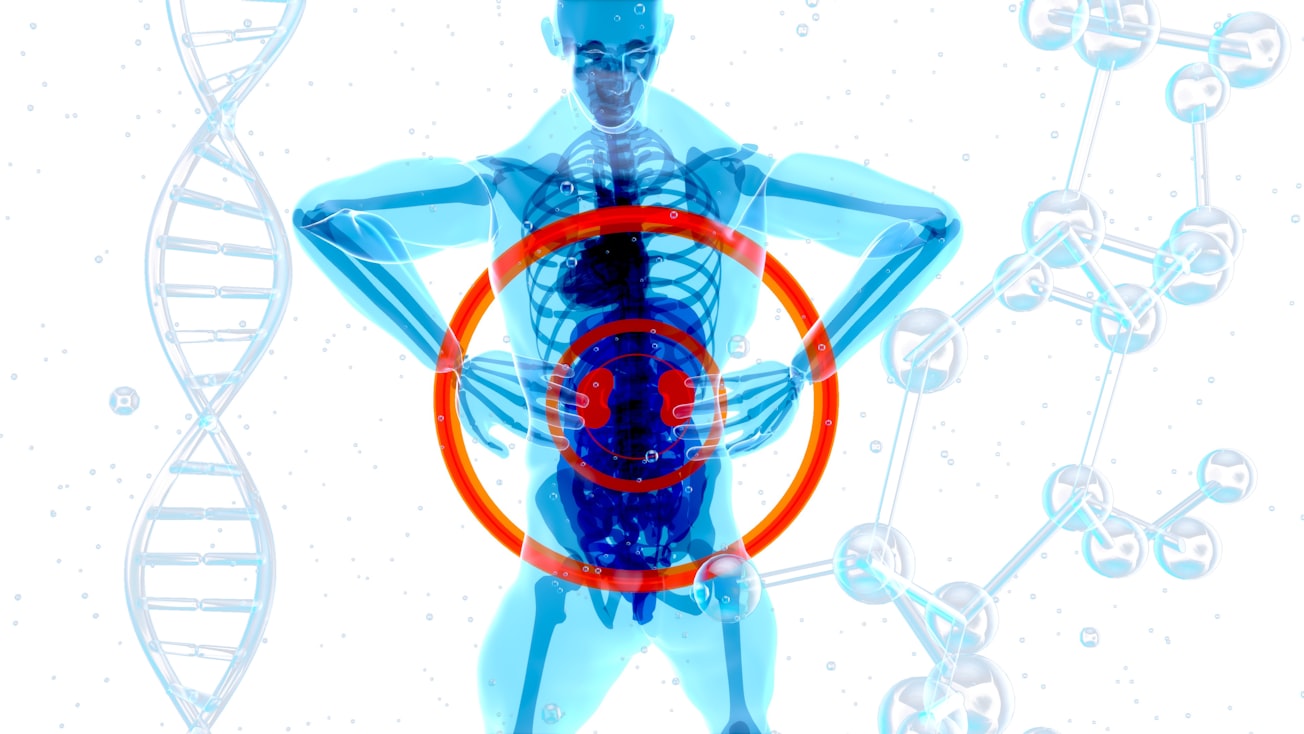What is it about?
Colorectal cancer (CRC) is one of the most common cancers in both gender; it is considered the third leading cause of death among other cancers. Despite new methods and drugs for the treatment of colorectal cancer and the good results obtained with them, there are a large number of chemicals and natural products that have not yet been studied and tested as anticancer agents. - The novel fluorine-boron hybrid complex L(BF2)2 is considered a new border derivative with notable anti-cancer potential.
Featured Image

Photo by julien Tromeur on Unsplash
Why is it important?
- For the first time, the apoptotic, cytotoxic and genotoxic properties of L(BF2)2 were investigated in colorectal cell lines at different concentrations. - The original study was performed using standard apoptotic and cytotoxic assays, such as single-cell gel electrophoresis assay (Comet assay), DNA fragmentation ladder, acridine orange assay for DNA damage, and ELISA to measure apoptosis.
Perspectives
Cytotoxicity experiments were performed to investigate the proliferation inhibitory effect of the new fluorine-boron hybrid complex [L(BF2)2] in 7 different cell lines. In which cell lines was this new hybrid complex tested? -cervical cancer HeLa, prostate cancer DU-145, prostate cancer PC3, Dukes type C, colorectal DLD-1, endometrial adenocarcinoma ECC, normal epithelial prostate cell line PNT1-A, and colorectal adenocarcinoma HT-29. Since the novel fluorine-boron hybrid complex showed its antiproliferative effect most effectively on colorectal cancer cells, it was considered to have high anti-cancer potential, and its activity on broader cellular processes was investigated.
Yasin TÜLÜCE
Van Yüzüncü Yıl University
Read the Original
This page is a summary of: Novel Fluorine Boron Hybrid Complex as Potential Antiproliferative Drugs on Colorectal Cancer Cell Line, Anti-Cancer Agents in Medicinal Chemistry, June 2019, Bentham Science Publishers,
DOI: 10.2174/1871520619666190117142353.
You can read the full text:
Contributors
The following have contributed to this page







